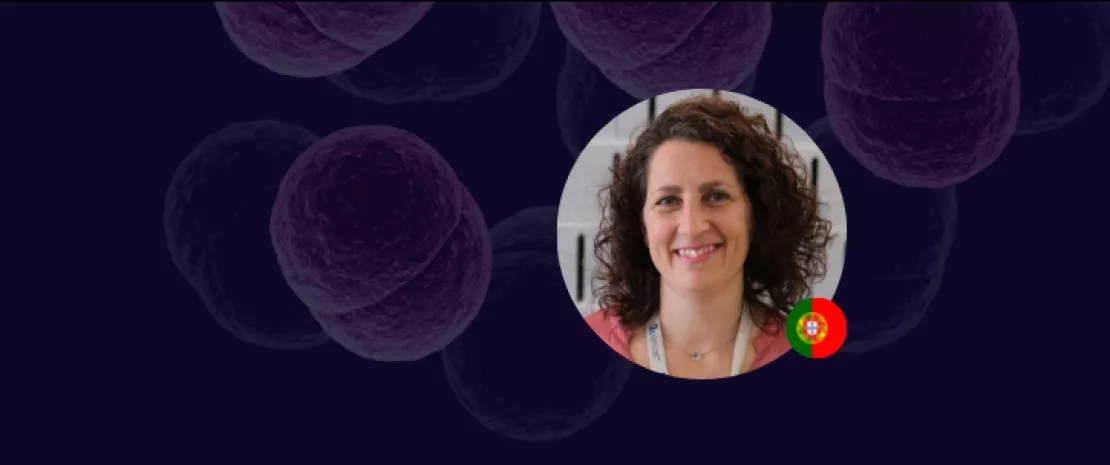Pr. Sampaio-Maia (Portugal winner 2021): Gut microbiota & obesity
To celebrate #WorldMicrobiomeDay, the Biocodex Microbiota Institute is handing the floor to national grant winners.
Lay public section
Find here your dedicated section
Sources
This article is based on scientific information
Sections

About this article
Pr. Benedita Sampaio-Maia
Pr. Benedita Sampaio-Maia is an Assistant Professor at the Dentistry Faculty and a senior researcher at Nephrology & Infectious Diseases Group of I3S - Instituto de Investigação e Inovação em Saúde, both institutions from University of Porto.
She is currently focus on exploring the role of the human microbiome in health and disease, namely in cardiometabolic diseases (obesity, hypertension, chronic kidney disease), understand the impact of these diseases (in the mother) in microbiota acquisition and maturation in early life, and explore the gut-brain axis in neurodevelopment disorders and personality traits.
What has the national grant allowed to discover in your microbiota research area?
The Foundation Portuguese grant allowed us, in a first step, to understand the impact of maternal obesity on the acquisition and maturation of the child’s gut microbiota throughout the first year of life. In early life, the establishment, development, and maturation of the microbiota are shaped by microbial and host interactions, in which the mother plays a key role as she represents the most important source of microorganisms. The transfer of obesogenic microbiota between mother and child has been suggested as a possible pathway for the intergenerational transmission of obesity. Since the early-life represents a critical window for immune stimulation, gut dysbiosis can compromise the development of a balanced immune phenotype. Therefore, our second step will unravel the impact of a dysbiotic and obesogenic maternally acquired gut microbiota on the immune system priming.
What are the consequences for the patient?
With Biocodex Microbiota Foundation support, we anticipate understanding the impact of maternal obesity on the child's gut microbiota and unraveling the impact of early life dysbiotic microbiota on the immune system stimulation and regulation up to one year after delivery. The understanding of how dysbiotic maternally acquired gut microbiota impacts immune system priming may reveal new strategies for disease prevention through early-life gut microbiota manipulation, opening new paths for the development of innovative and personalized diagnostic and therapeutic tools.
In your point of view, what is the biggest breakthrough related to microbiota these last years?
The discovery of the Gut-Brain Axis
Do you think there is a growing interest on microbiota recently?
Certainly.
Do you have a tip for taking care of our microbiota?
Eat a great variety of foods, so you can have also a great diversity of microbes living in your gut.
Do you have an anecdote, or a surprising fact/story to share on your research?
Stool management is always the “marvellous” task.
What is for you the most fascinating bacteria?
For me, there is not one particular bacteria, is the symbiotic relationship that the bacteria develop between them and with the host that fascinates me most.
Do you have an inspirational person in mind? (in the field of research? / Medical? / in general?)
Anton van Leeuwenhoek for his curiosity, and for unravelling this gigantesque invisible world.


